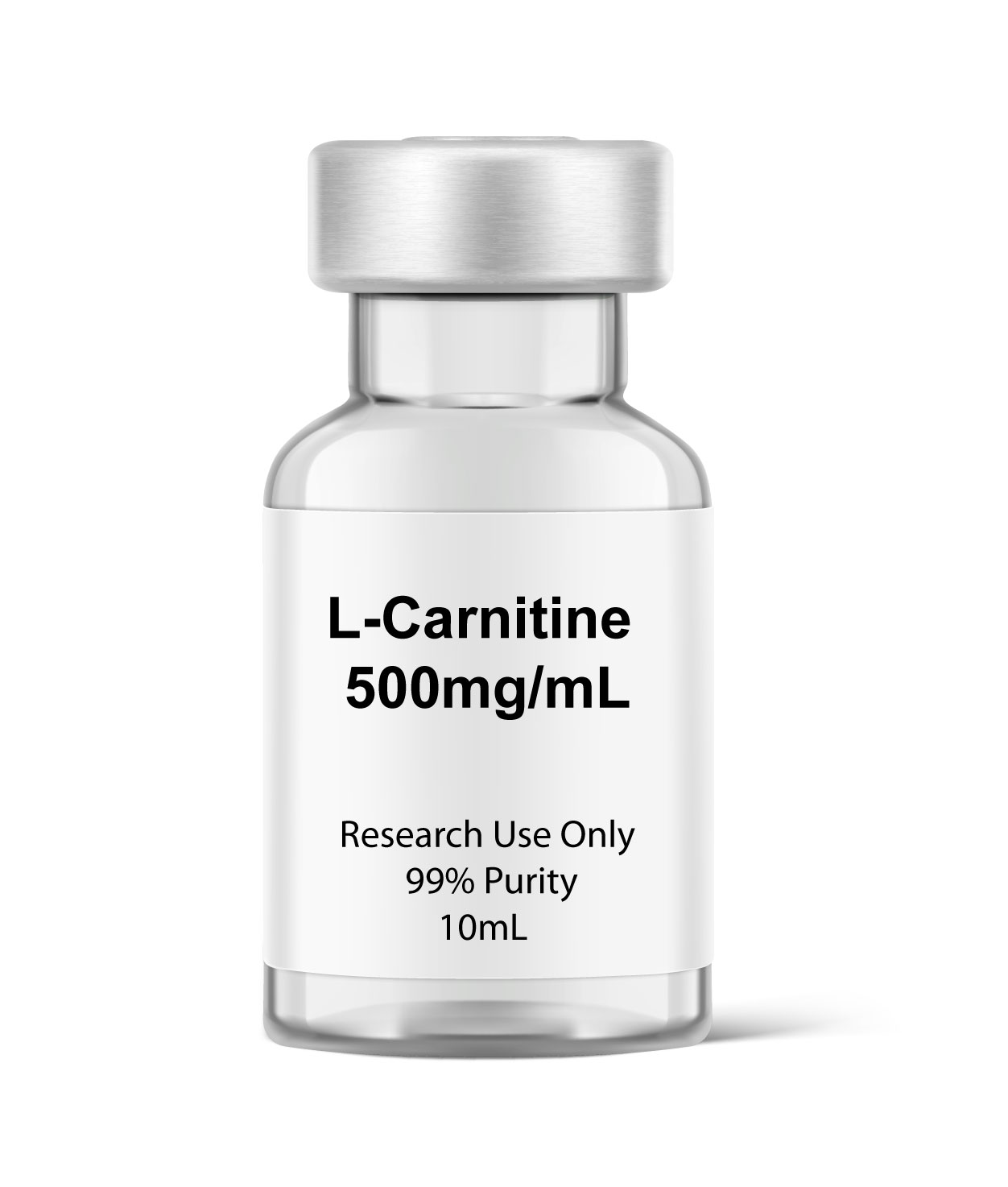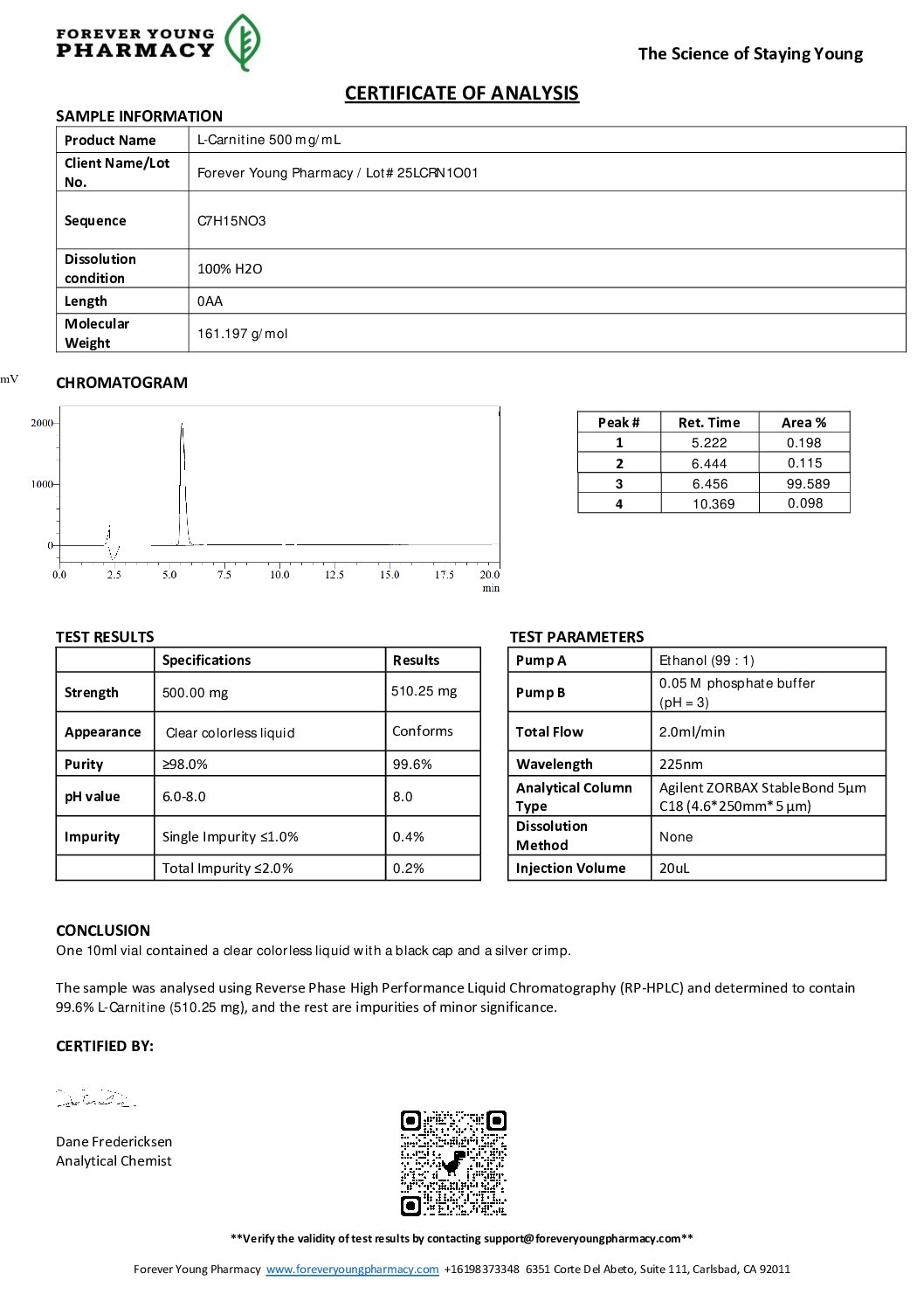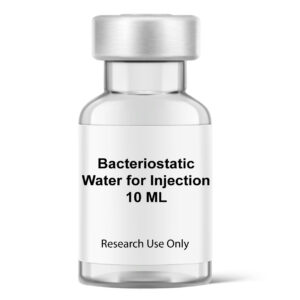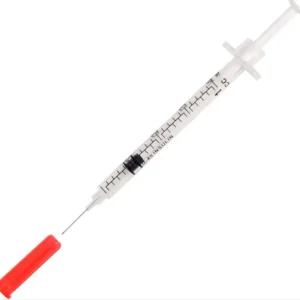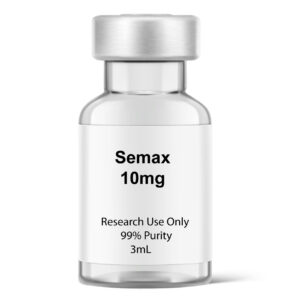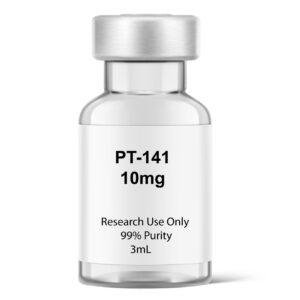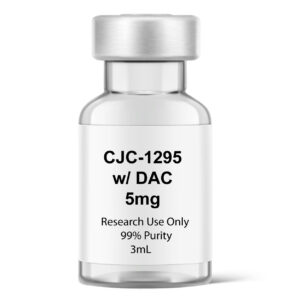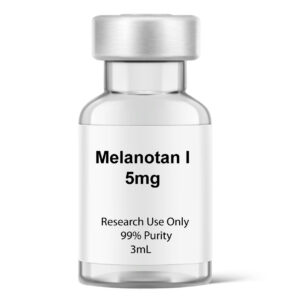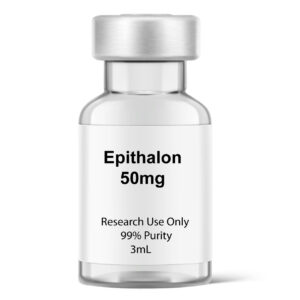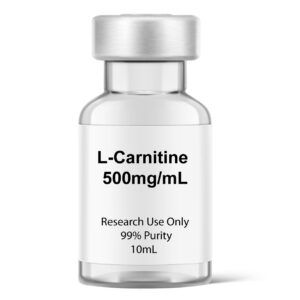Introduction to L-Carnitine 500mg/mL (10mL Vial)
L-Carnitine (Levocarnitine) is a naturally occurring quaternary ammonium compound synthesized from the amino acids lysine and methionine. It plays a central role in fatty acid metabolism and mitochondrial transport processes, and is frequently studied in research focused on cellular energy production, metabolic signaling, and oxidative substrate utilization.
This formulation delivers L-Carnitine at a concentration of 500mg/mL in a 10mL sterile vial, intended strictly for controlled laboratory research and in vitro applications.
Key Research Areas of L-Carnitine
L-Carnitine is investigated in various experimental models for its role in:
Mitochondrial fatty acid transport mechanisms
Cellular energy conversion pathways
Oxidative metabolism in tissue cultures
Regulation of acyl-CoA pools and metabolic flux
Certificate of Analysis
Property | Description |
|---|---|
Chemical Name | L-Carnitine (Levocarnitine) |
CAS | 541-15-1 |
Molecular Formula | C7H15NO3 |
Molecular Weight | Approximately 161.20 g/mol |
Appearance | Clear, colorless liquid (in solution) or white crystalline powder (pre-solution) |
Concentration | 500mg/mL in a 10mL vial (5000mg total L-Carnitine per vial) |
Research Use Only
L-Carnitine is intended strictly for in vitro testing and laboratory experimentation. It’s not intended for human or animal medical use unless under medical supervision. It’s not a drug, food, or cosmetic and should not be misbranded, misused, or mislabeled as such.

